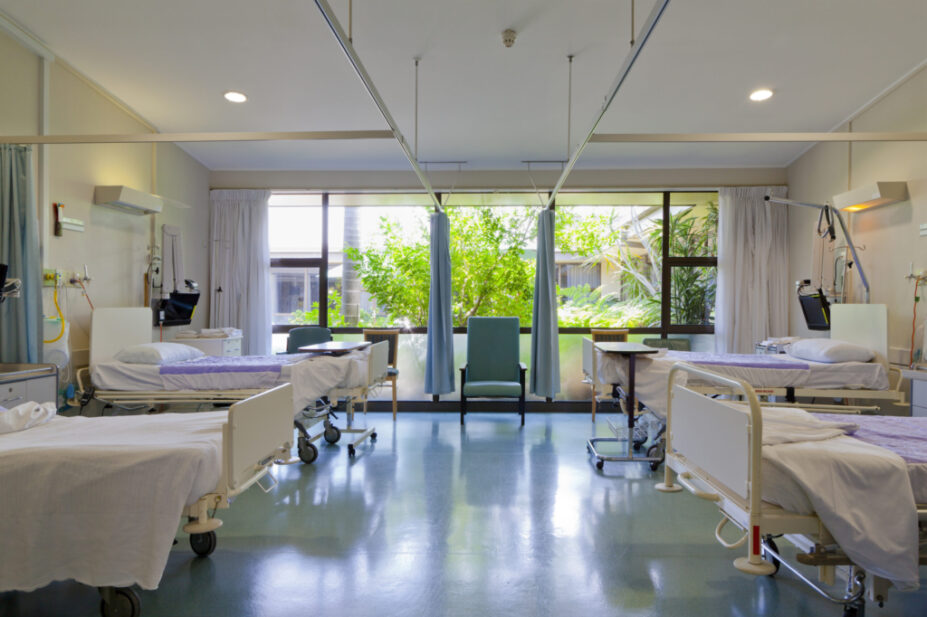
Shutterstock.com
A scheme aimed to improve sustainability and save money by redispensing unused medication on hospital wards cut more than 2,000 kilogrammes of carbon dioxide emissions (CO2e) in one month.
During the programme, medicines with a value of almost £7,000 were returned. The team behind the programme have said the savings could increase to £234,292 and 79.6 tonnes of CO2e annually if the scheme were to be rolled out across the hospital trust.
The scheme was introduced for one month across eight wards in the summer of 2023, including gastroenterology, surgical and respiratory wards, on two sites at Hampshire Hospitals Foundation Trust. It was introduced as part of a Green Team competition, run by the Centre for Sustainable Healthcare, to encourage innovative practice to improve sustainability in the NHS.
As part of the programme, a member of staff visited allocated wards two or three times a week to check if any medication had been left in treatment rooms or cupboards after patients were discharged or moved to another ward.
For medication that was no longer needed, they assessed if it had been stored correctly and was still in its original container with at least three months left before expiry. If it met this criteria, it was returned into stock to be reused.
For patient transfers within the hospital, they liaised with the pharmacy team covering the ward to see whether the medication was still needed by the patient.
The carbon footprint of the medicines reused was calculated using a combination of a ‘pharmaceuticals emission factor’, based on the cost of the medicines and an estimate of the energy that would have been needed to destroy the medication.
Details of the scheme were posted on the Centre for Sustainable Healthcare website in December 2023.
In the post, Claire Williams, deputy clinical pharmacy manager, and Louise Bond, deputy lead medicines management technician, at Hampshire Hospitals Foundation Trust, who led the scheme, said that over the month-long trial, medications worth £6,942 were returned for re-dispensing across the 8 trial wards. They calculated this to be a saving of 2,360.28 kgCO2e, which is equivalent to 6,970 miles driven in an average car.
If this was replicated across all 45 wards run by the trust, even if applying a conservative 50% of the savings made during the trial period to all wards, the authors calculate that the trust could achieve annual savings of around £234,292 and 79.6 tonnes of CO2e.
As well as sustainability improvements and financial savings, the scheme also led to other improvements for the trust’s pharmacy teams, according to the scheme’s leaders.
“Socially, the project increased awareness amongst ward teams of how pharmacy works and that we can be an integral part of the ward team to support patients and medication education,” they said.
“The team became recognised on the wards they were covering due to their increased regular presence on the wards, and were asked to support in other ways which improved working relationships.”
You may also be interested in
